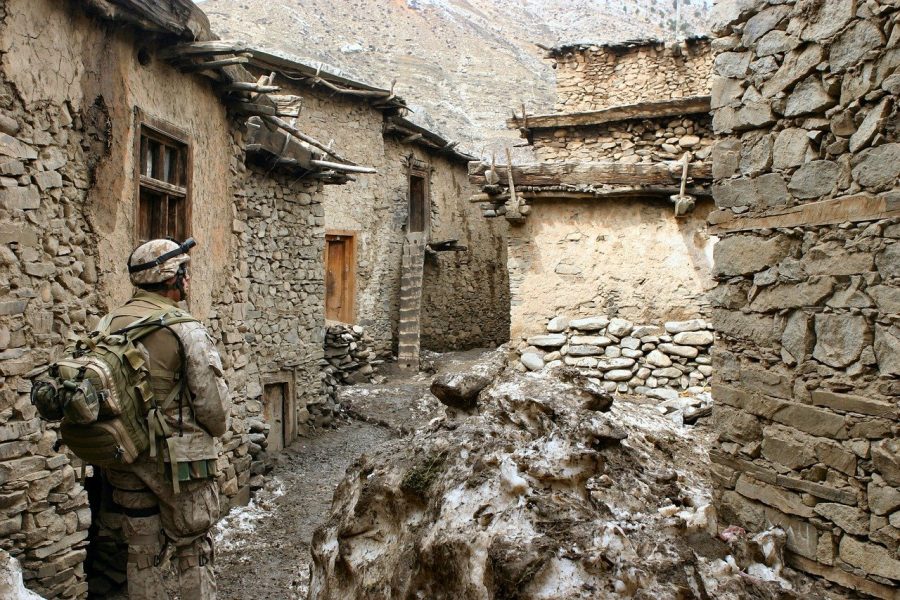The affect of the Taliban after United States retreats from Afghanistan
For 19 years and 10 months, Afghan people have been under the control of the Taliban. The Taliban, a fundamentalist group, have tried taking over Afghanistan for years. In 2021, they finally succeeded; the Taliban are in full custody of the Afghan people and their government. The United States and NATO, The North Atlantic Treaty Organization, gave many resources including the US military troops and weapons to Afghanistan for them to try and defend themselves against these intruders. But due to the Doha Agreement, an agreement in which former President Donald Trump set in place, the United States had a deadline to leave Afghanistan by Aug. 31. Current President Joe Biden has followed through with the Doha Agreement. According to The Wall Street Journal, the Taliban said that they will not tolerate foreign forces past the end of the month of Aug. They will not allow people to leave the airport to escape them.
Dirk Waller, a history teacher at ALHS, said that the United States was in a difficult situation.
“We were in an unwinnable situation, nobody has been able to control that area of Afghanistan,” Waller said. “Which served to show that we shouldn’t and or can’t control all areas. And sometimes we need to limit our reach of powers.”
Waller said what is going on in Afghanistan is a difficult and unwinnable situation, not just for the United States but for other countries as well. According to Waller, the United States learned a lesson for when to draw the line. The lesson entails when the United States should be involved and when the US shouldn’t be. Myron Wilder, another teacher at ALHS agrees.
“I do think we learned a world lesson, I hope we did,” Wilder said. “I think that the fact that we stayed there so long kind of should have taught us a lesson that the Soviet Union tried to do 20 years earlier but was just as unsuccessful as we were in Afghanistan.”
Wilder said the United States made multiple mistakes.
“We talk about why we study history, if you study it close enough you can learn from mistakes,” Wilder said. “I think mistakes were made in Afghanistan. With military situations in the world, you really have to have clear objectives. And similar to what Waller said you have to know when it’s time to get out and then what your exit strategy is going to be, it seemed like that was never true in Afghanistan. Struggling when to get out and when it was okay. And it turned out poorly for everyone except the Taliban.”
Now, the Taliban has put harsh restrictions in Afghanistan’s country and government. The Afghan people will continue to be under the control of the Taliban, but when is it truly the end?
“The Afghan country is going to be controlled by the Taliban but war is over and we are home,” Waller said. “The Taliban is in control; they will control the government how they see fit. We, the United States, will try to help diplomatically. They aren’t going to get their own government. The Taliban is going to be a legitimate government. It’s never going to be finished and or done.”
Wilder said additional support from other nations could help the United States in these complicated situations.
“I don’t know, anytime we have more of the world in the situation and more allies helping put pressure on that situation that could have helped–instead of shouldering the burden ourselves, although there were other countries helping us out,” Wilder said. “But I think in the future it would be great to see a world coalition, whether that be the United Nations or a set of allies, NATO, could maybe help us more in these situations.”
The United States left Afghanistan on Aug. 30, leaving Afghanistan with a foreign government, military resources, and a scared economy. The future for Afghanistan will be rocky, but will they take back their government for their own? Will the United States and other allies help them?

Maddie is a junior at ALHS, this is year second year in the Newspaper and she is the Sports Editor for Echoes. She works at Kids and Company and loves...







